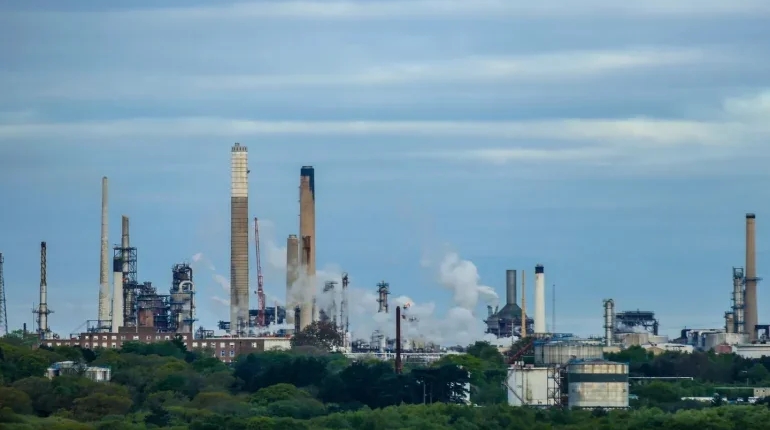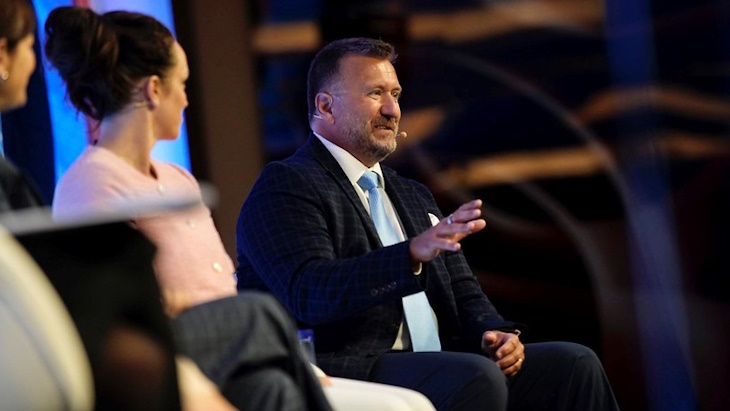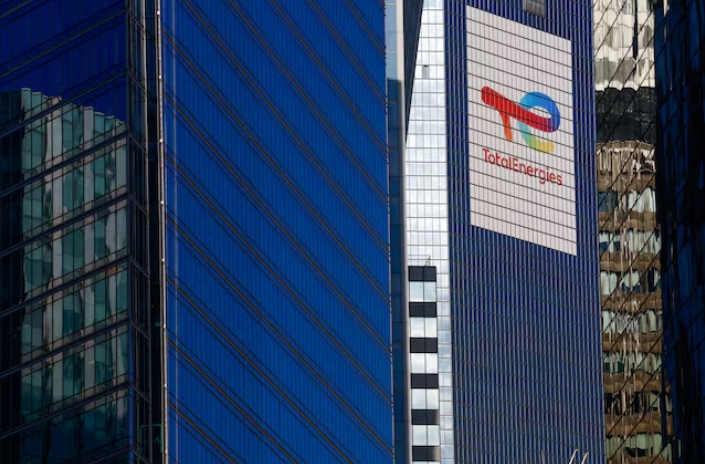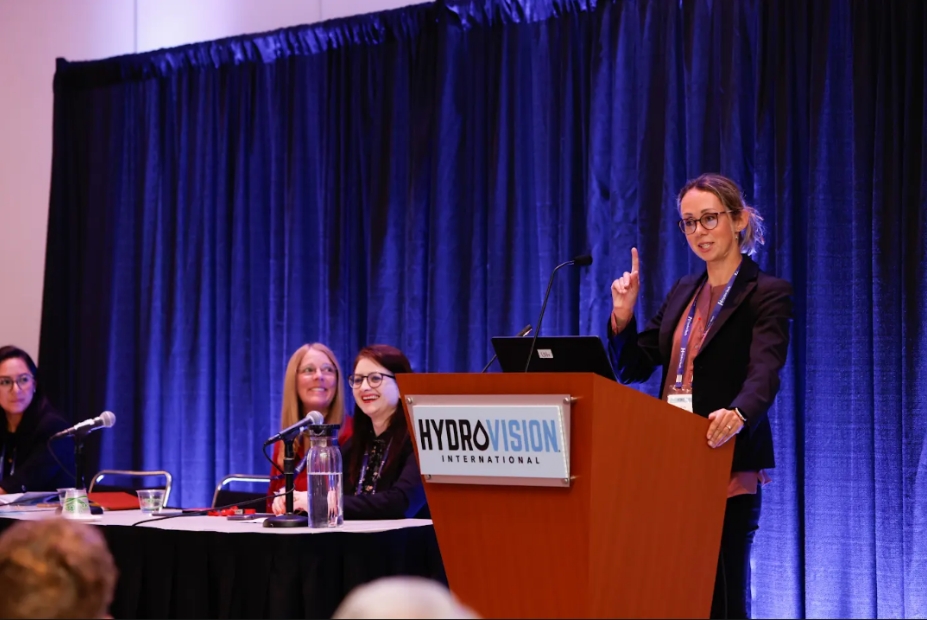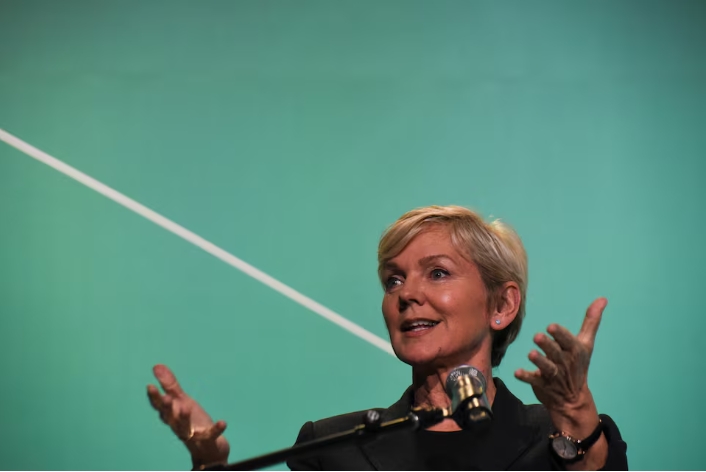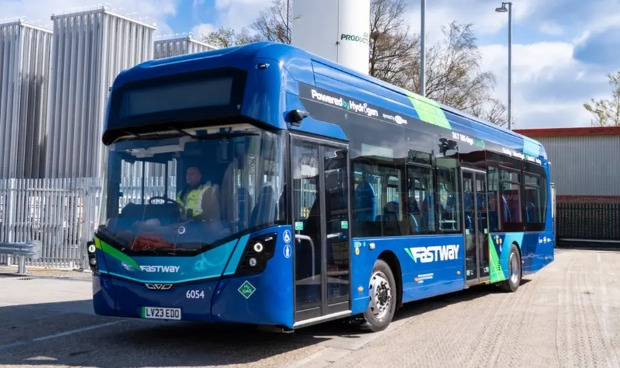
Metrobus is planning on having more than 40 hydrogen-powered buses, in a partnership with West Sussex, Surrey and Kent county councils and Gatwick, in a £24million investment by the partners including a £10million grant from the Department for Transport.
When fully operational, it will be one of the biggest fleets of hydrogen-powered buses in the country, and the only one operating in rural areas.
Hydrogen-fuelled buses should play a significant role in a clean and sustainable energy future.
The hydrogen used in the buses can be produced from a carbon-neutral source such as waste, or from solar or wind power, providing the potential for carbon-neutral and emission-free energy.
The only emission from hydrogen-powered buses is water vapour – no carbon dioxide or other pollutants are released into the air.
Hydrogen-powered vehicles have a range similar to conventional diesel vehicles, achieving 350-400 miles on a single tank of fuel, and they can be refuelled in less than five minutes.
Nick Hill, Metrobus’s commercial director, said: “Our company’s contribution to this project is £11.6million, which we consider to be a critical investment in providing zero emission buses on the Metrobus network for our customers.
“Buses are one of the most sustainable ways to travel. Hydrogen buses release zero emissions at the tailpipe, helping to reduce carbon emissions and create cleaner air for everyone.
“This project is an excellent example of what can be achieved through partnership working by putting the transport needs of local people first.”
The 420 route runs from Sutton town centre, through Belmont and Banstead, to Tadworth and then on to Reigate and Redhill, serving East Surrey Hospital before going on to the airport and Crawley. Metrobus is planning to use other hydrogen-powered buses on routes that will serve Caterham, Dorking, Tunbridge Wells, Haywards Heath and Brighton.


